Year 11 Strategy Evening Welcome

Mr McGinty


Mr McGinty
Your child’s attendance this year will have a hugely significant impact on the qualifications they leave Hollingworth with.
• If their attendance is above 90% they are :
• Four times more likely to get a Grade 5 or above in both Maths and English.
• Four times more likely to get 5 x GCSEs Grade 5 or above (including Maths and English).
• Eight times more likely to get a Grade 7 or above in Maths and English.

Our students achieved 352 Grade 7+ last year. 95% of those came from students with an attendance above 90%.
• 85% of those came from students with an attendance above 95%.

Mr Clark

We want every student to leave with everything they need to take the next step in their journey.
• Wanting to ‘pass’ cannot be our aim this year.
• We firmly believe all our students can achieve grade 7s or higher in all their subjects.
• Only 20% of students nationally achieve a Grade 7 in Maths or English. This percentage is similar and, in many cases, lower in other subjects.
• Competition for courses and jobs is fierce, so to come out with grade 7s or higher will set you apart from the rest and set up for your next steps.
Tonight is about making sure our students achieve everything they need for a bright future.
Just like the year before, the success of last year’s Year 11s meant Hollingworth is ranked:

• 1st in Rochdale for percentage of students achieving a grade 4 or higher in Maths and English.
• 1st in Rochdale for percentage of students achieving a least 5 qualifications at grade 4+ inc. English and Maths.
The main reason we are number one is the partnership between Hollingworth and our Year 11 students, parents and carers.

Attendance will play a huge part in your child’s success this year but turning up is not enough. Your child’s attitude this year will also have a hugely significant impact on the qualifications they leave Hollingworth with. Group A
In previous years, Year 11 students took examinations in 9 qualifications. This included 4 option choices. However, following feedback from students, parents and teachers along with visits to several other schools we decided to reduce this to 8 qualifications by only doing 3 option choices. We firmly believe this will benefit our students this year because:
- They now have an extra hour in Maths, English and Science.
- They have less exams to prepare for during an already busy exam season.

These benefits come at no cost as students are still sitting the number of qualifications recommended by the DfE (8).
We do get requests each year for a child to drop qualifications.

We are obligated to provide our students with at least 8 qualifications so this is not something we can accommodate.
There are occasions where extreme circumstances mean a student is removed from a subject for the wellbeing of the child. However, this does require extensive supporting documentation from relevant professionals and is a very rare occurrence.
Year 11 Strategy Evening 8th and 10th October
Mock Preparation Guidance Autumn Term - Date to be confirmed
Mock Exams (All subjects) 11th November to 29th November
Mock Results Day Week commencing 13th January
Subject specific form time begins Week commencing 20th January
Parent’s Evening 23rd January
Compulsory after school revision sessions begin After February half term
Be the Best Conference To be confirmed
Mock Exams (All Subjects) 3rd March to 14th March
GCSE and BTEC Examinations begin Provisionally 12th May - Tbc

Also keep your eye on the following:
Departmental assessments throughout the year Masterclasses
Additional after school sessions Holiday sessions
It is crucial we speak to each other.

• Form Tutors are your first port of call.
• Mrs Hartley, Mrs Wright, Mr Drews, Mr Wild and Mrs Robinson – Pastoral, Behavioural and safeguarding matters
• Mrs Wallace – Attendance matters.
• Mr Clark – Academic matters

Access Arrangements allow students with specific needs to have equal access to assessments. They ensure that no student is disadvantaged due to their learning difficulties, physical disabilities, or emotional needs
• Extra Time (up to 25% more time)
• Reader (someone reads exam questions)
• Scribe (someone writes answers for the student)
• Word Processor (use of a computer for typing)
• Rest Breaks
• Modified Exam Papers (e.g., enlarged text)
• Students with learning difficulties (e.g., dyslexia)
• Physical or sensory impairments
• Social, emotional, and mental health issues
• Medical conditions (e.g., epilepsy, diabetes)

Contact Information

Mrs McBride
Edexcel Exam Board • Two tiers – Higher or Foundation • Foundation – Grades 1 - 5 • Higher – Grades 3 – 9
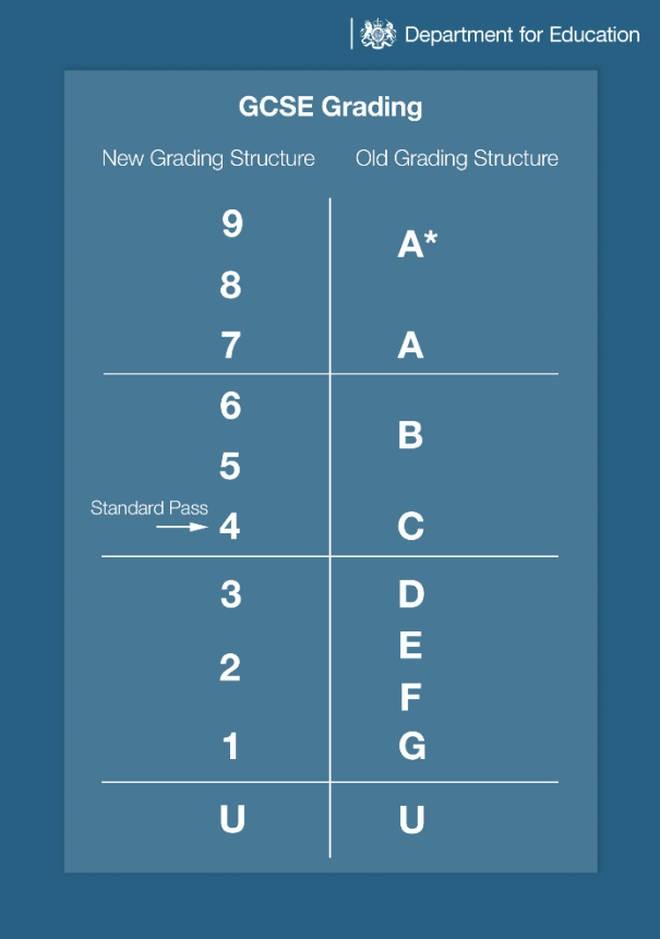


Use your book wraps for all formulas you will need.
Make notes and put them where you will see them often, these will need remembering.
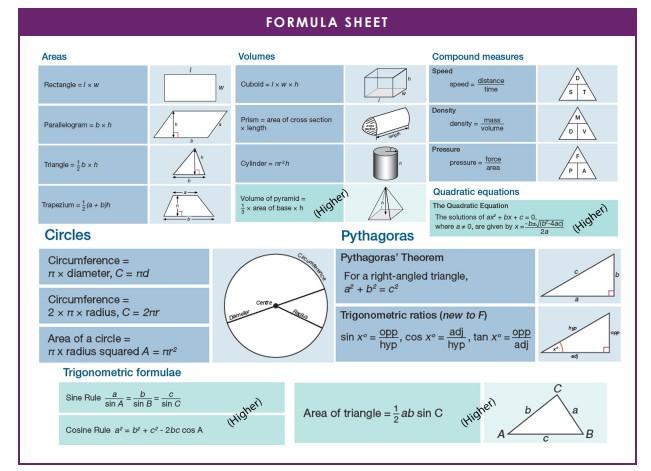
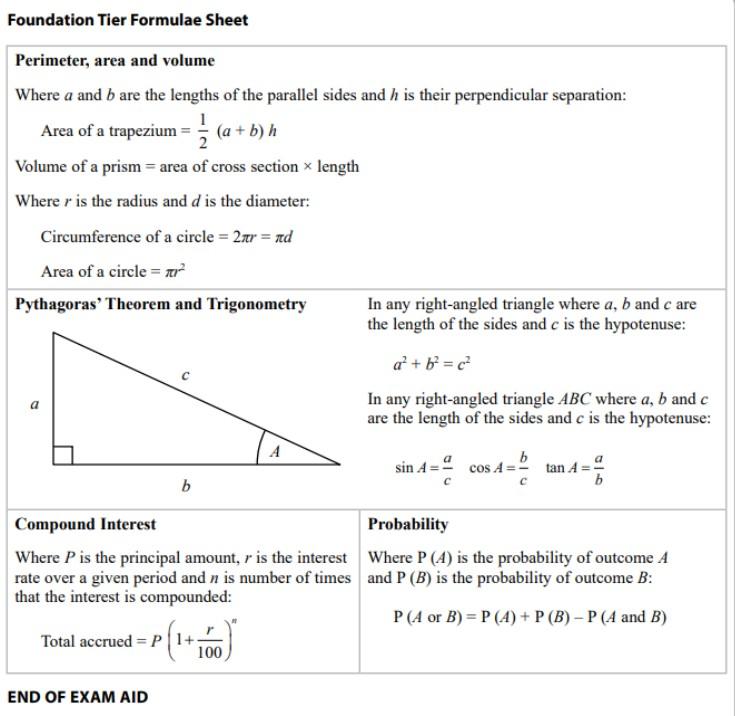
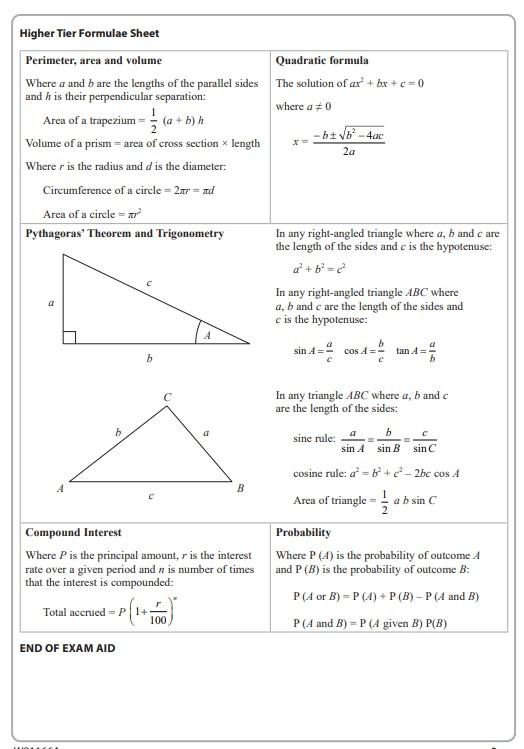
The best way to revise maths is… practice!
• Corbett Maths
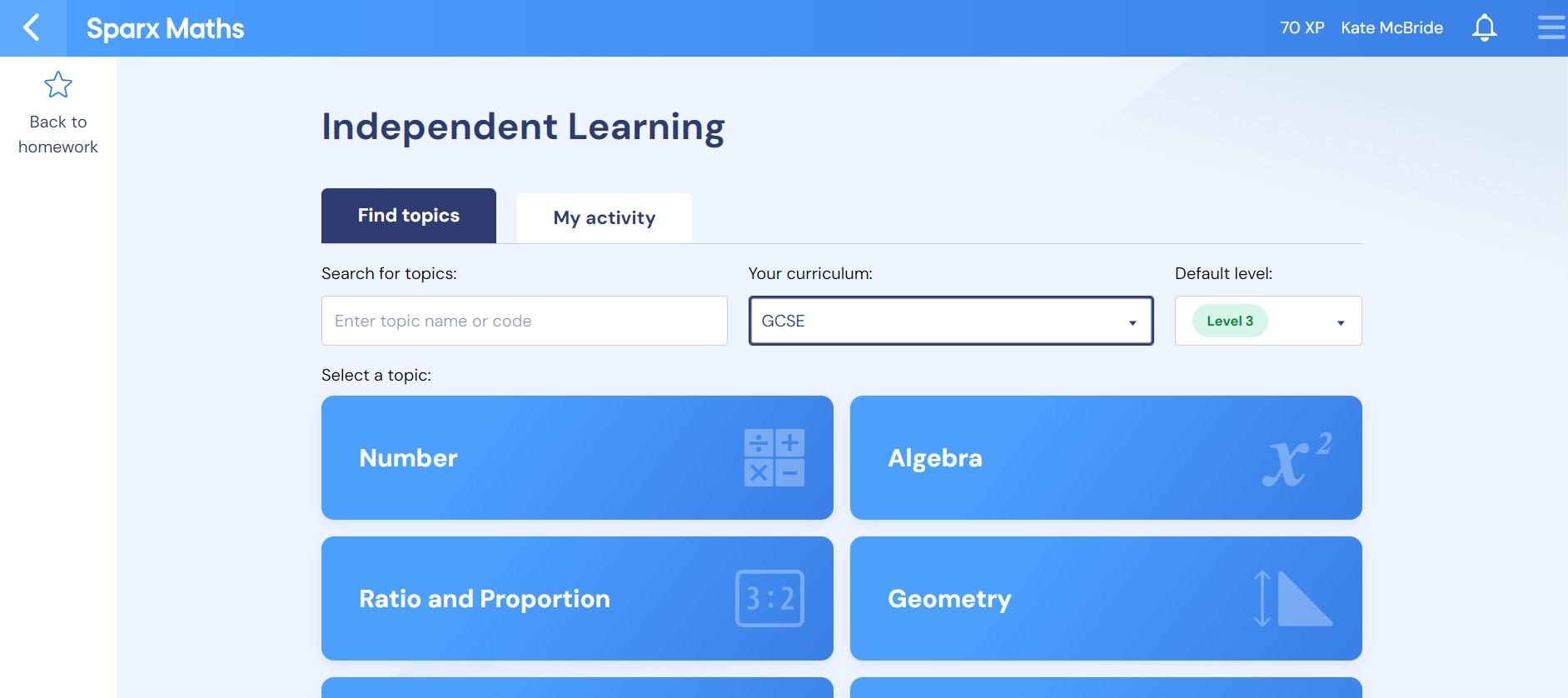

After each Maths mock, you will be given a QLA WIN Sheet

Each question has the topic name, marks, your score and Sparx clips
Search for any red topics to practice on Sparx
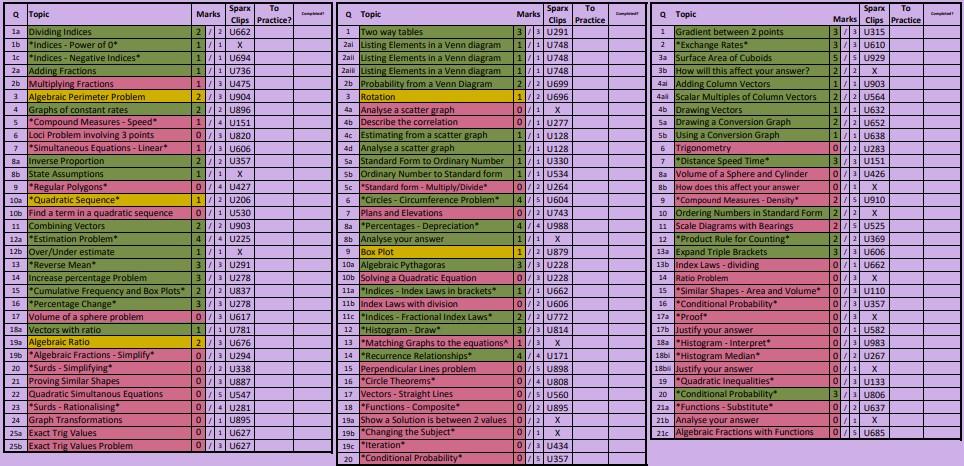

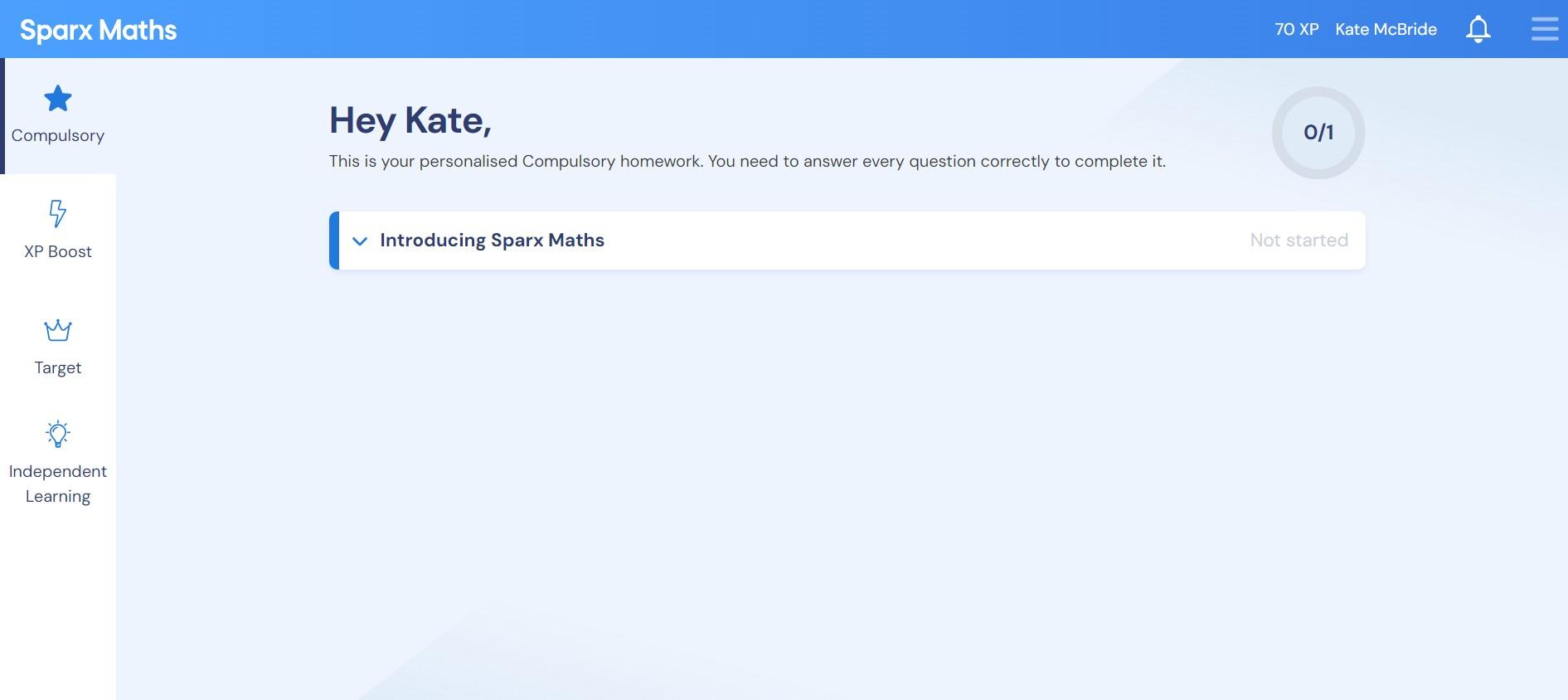

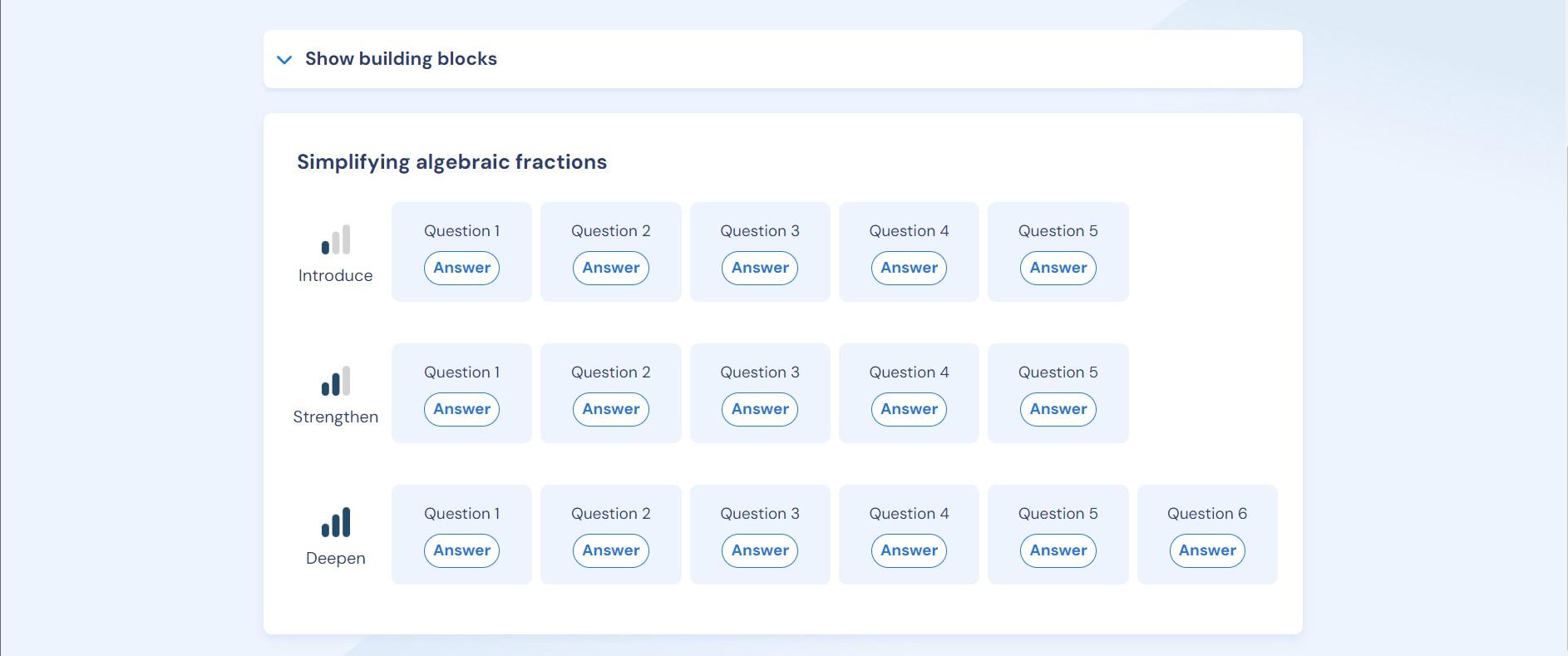
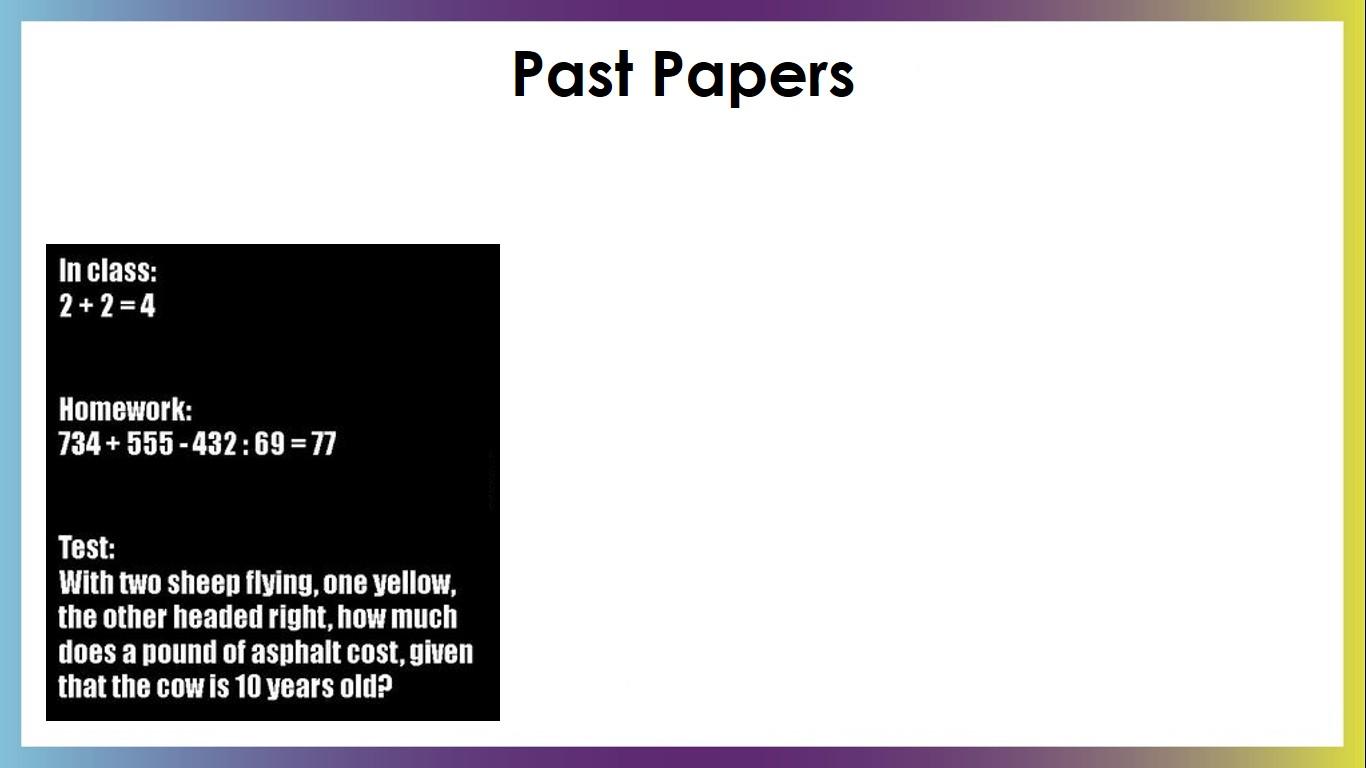
Once you understand a topic, you need to be prepared for how it will look

This is not true! It is all perception!
The BEST way to prepare for an exam, is to sit an exam! – former students.

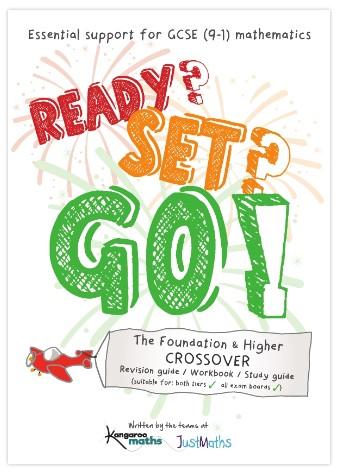
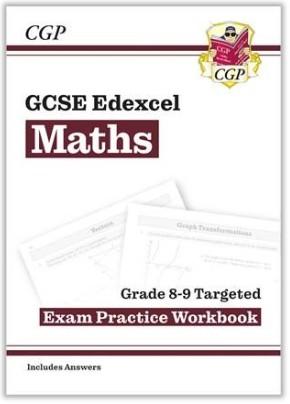
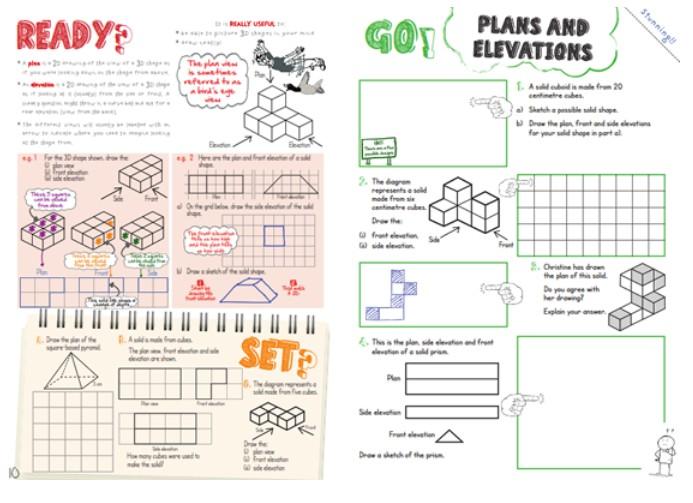
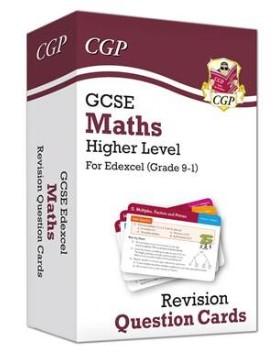

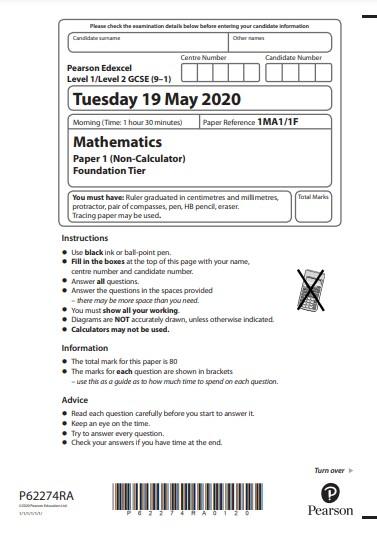

Lots of students become disheartened at not achieving the grade they want in the November mocks.
This is OK!
This is the expectation for the end of the year.
Positivity and resilience to persevere and carry on is key.
Comparing scores and looking at the progress made at each stage is more important through the year.
Aiming for an increase of 10-20 marks per paper each time is a good start.

Don’t practice until you get it right, practice until you can’t get it wrong!

Mr Rogers
"Sir, how do you even revise for English?"
"Sir, you can't revise for English!"



1) We know what the questions are going to be
2) We know what skills are being tested on each question
3) The only thing that changes is the text (Fiction/Non-Fiction)

Because we know what the questions are going to ask us; because we know the skills that each question requires; we can practice until we are hitting those top marks. How can we practice?
Teacher Walk and Talk videos
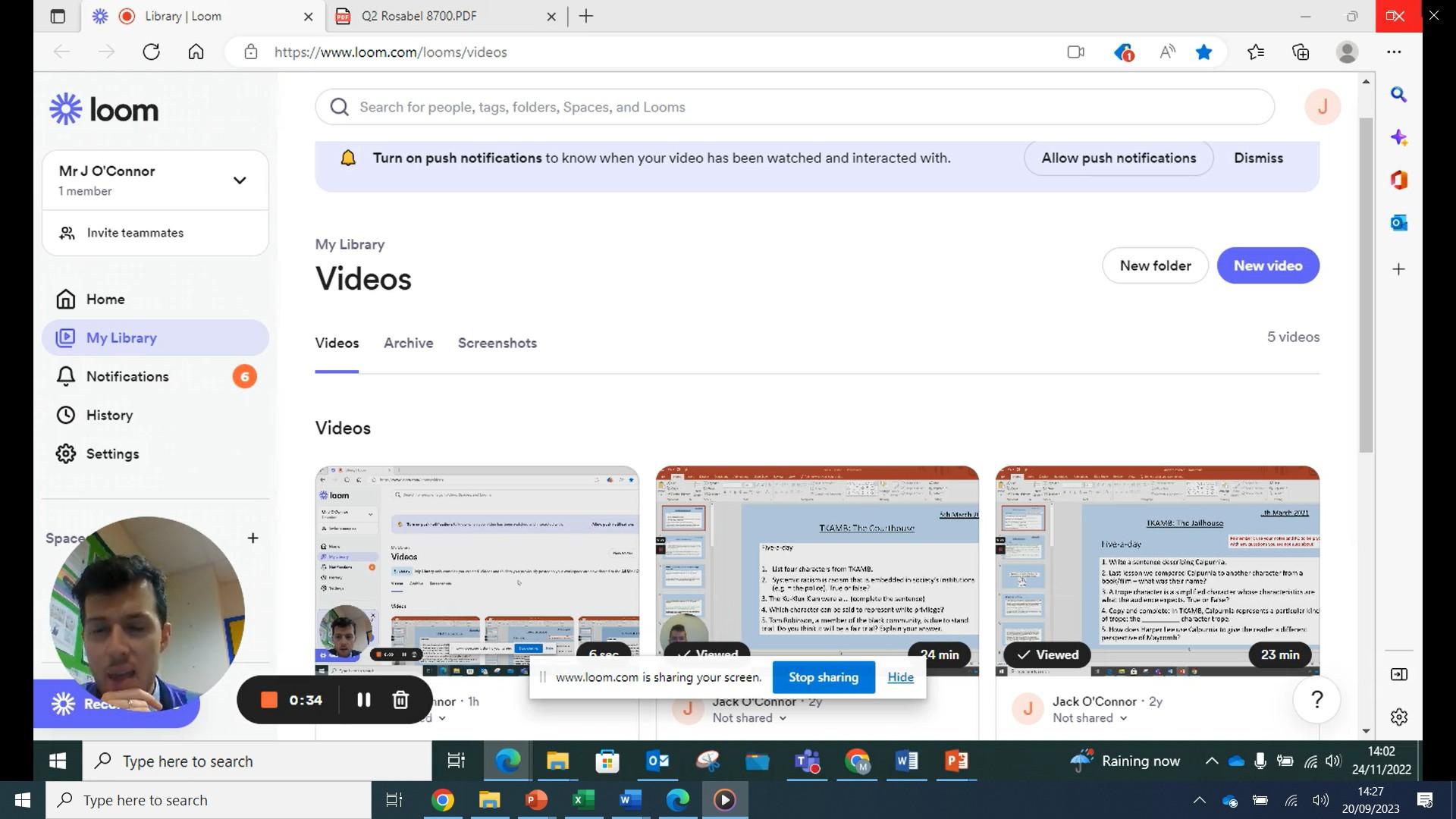
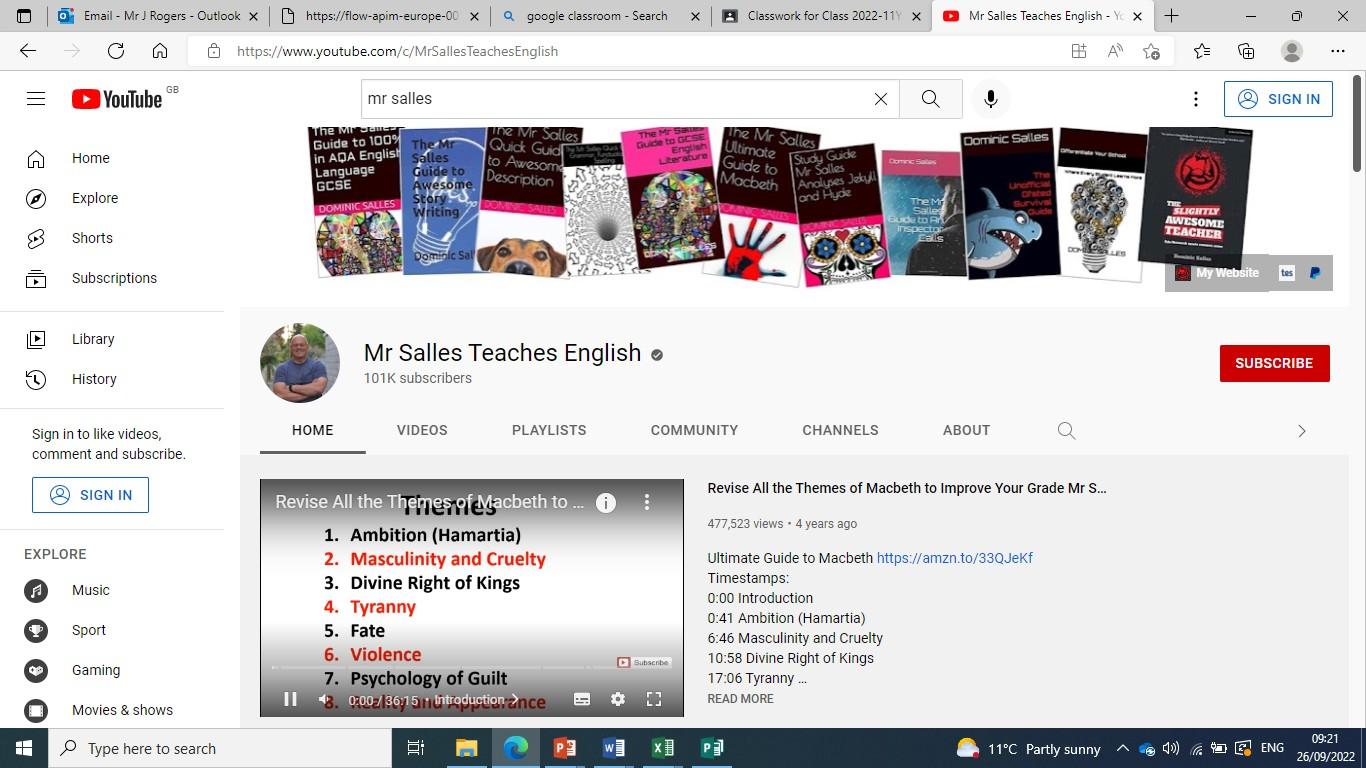
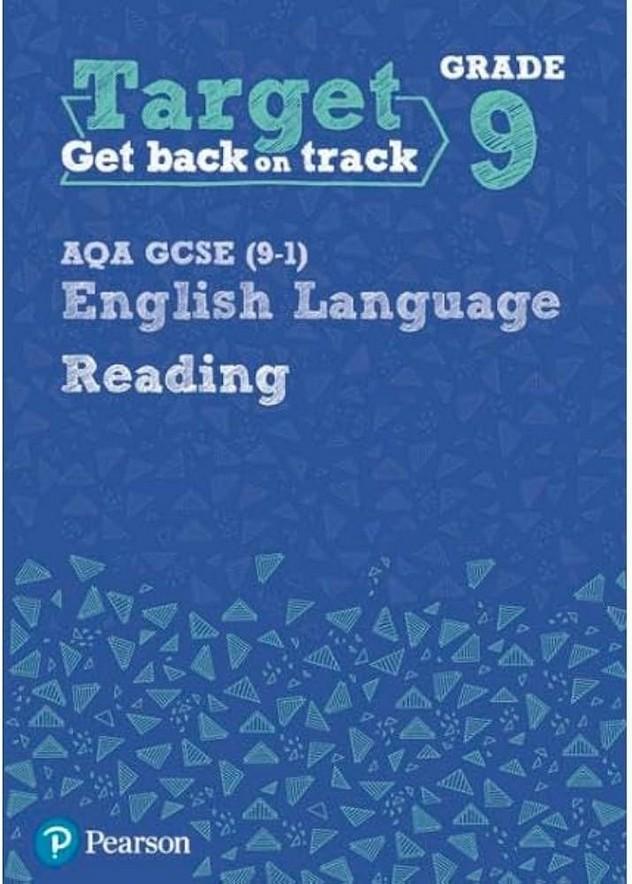
1) Practice a question from a past paper
2) Hand it in to your teacher
3) Update your score
4) Work on your next weakness/question
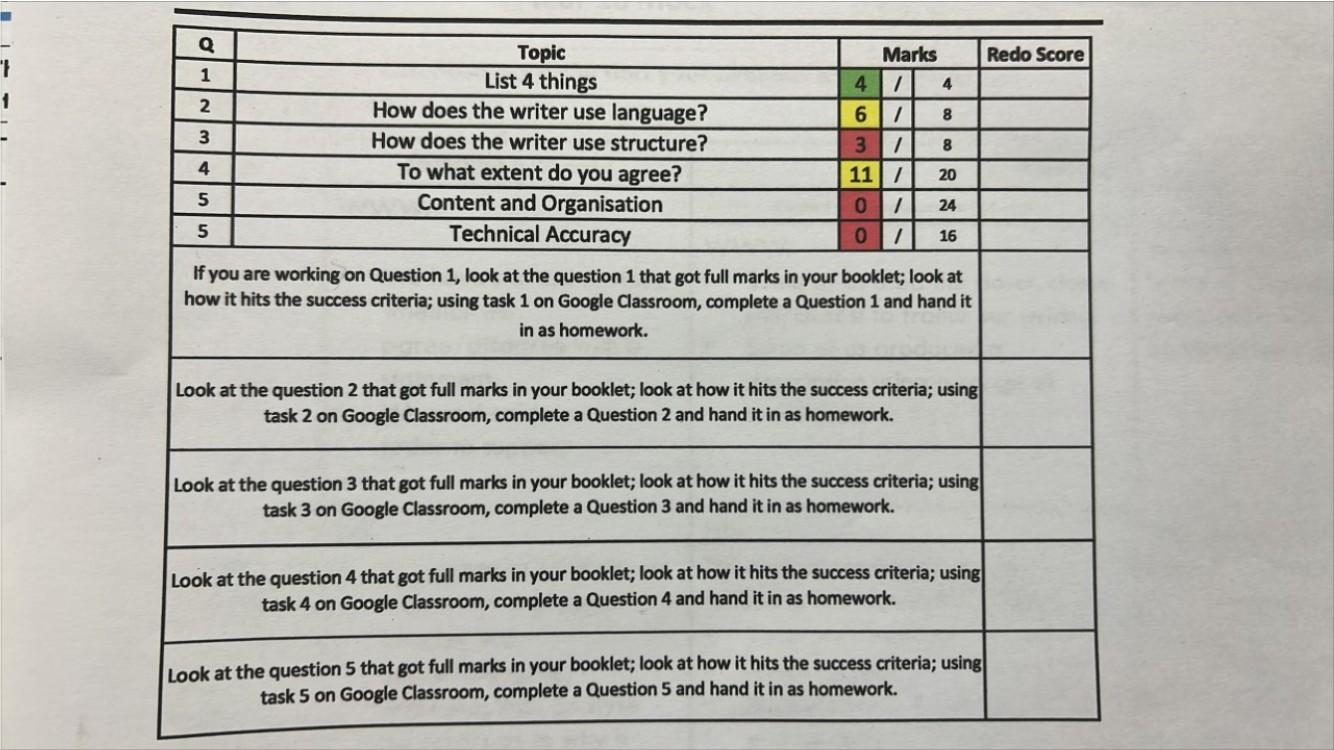

How is it different?

PAPER TWO – 2 hours, 15 minutes
SECTION A – Modern Prose (30 marks + 4 SPaG marks)
1. We don’t know the questions
2. Pupils will have to remember quotes; contexts and how these framed intentions.
3. Paper 2 is more demanding.
An Inspector Calls
SECTION B – Anthology Poems (30 marks)
Power and Conflict Poetry
SECTION C.1 – Unseen Poetry (24 marks)
SECTION C.2 – Unseen Poetry
Comparison (8 marks)
STEP 1:

To make sure students retain and remember the knowledge they have
STEP 2:
To make sure students can communicate this knowledge, in the time provided, in an essay response




‘Full of Scorpions is my mind dear wife’




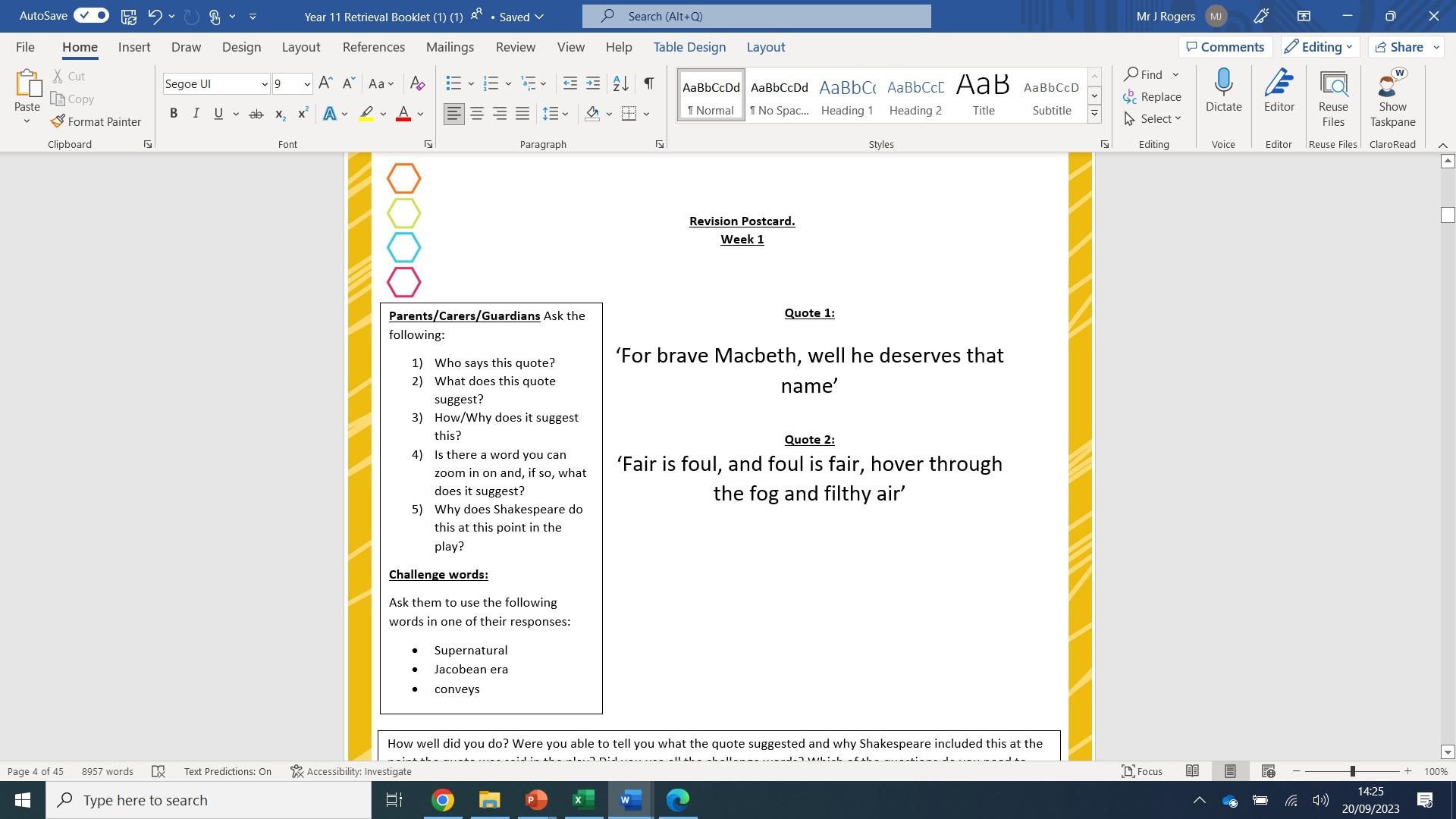
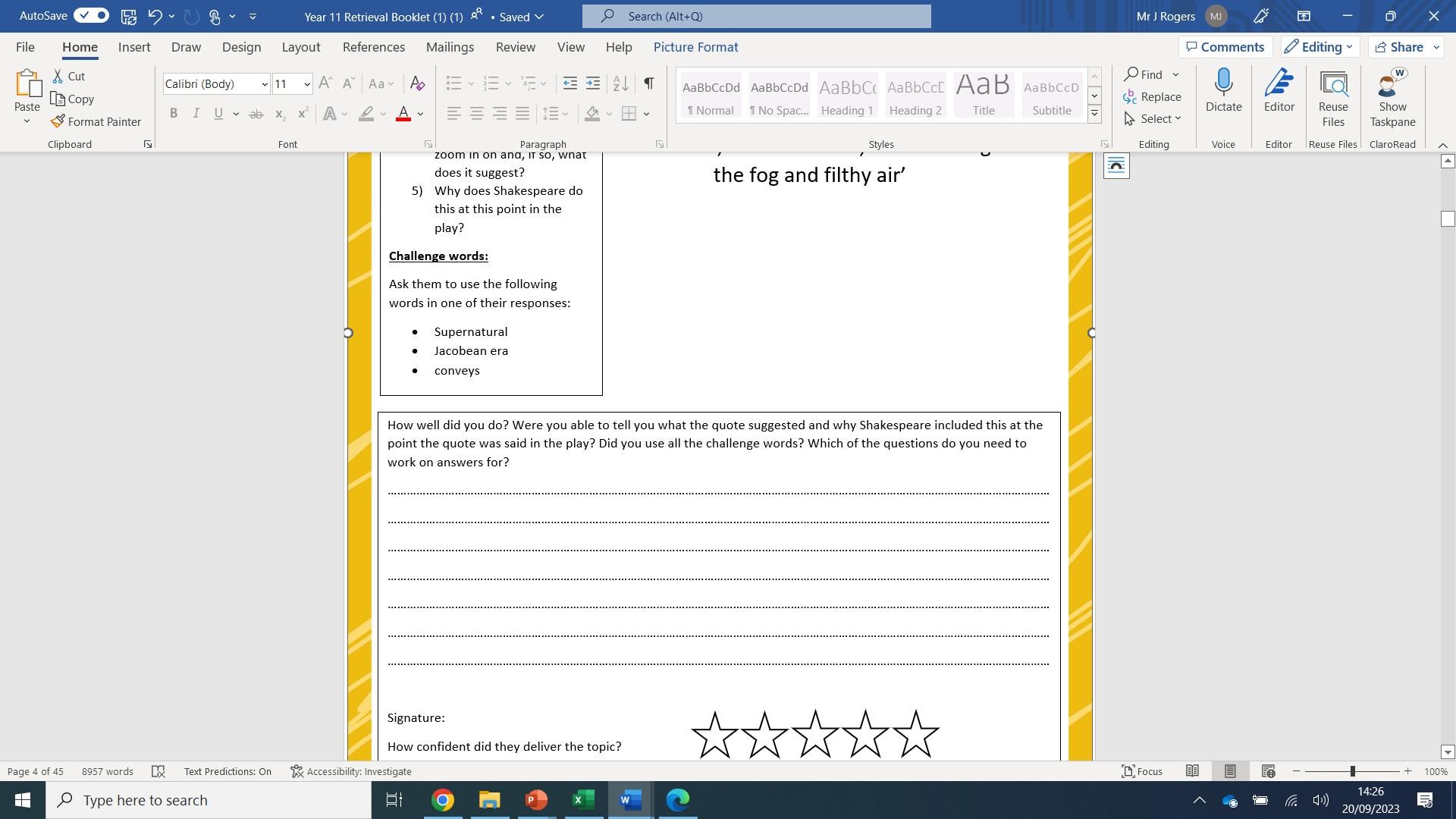

1) What to say
2) How to write it
3) Write it in the time provided
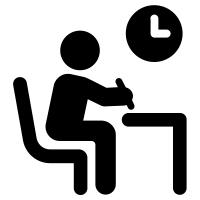
To achieve a level 7-9. Pupils should be completing at least one essay a week.
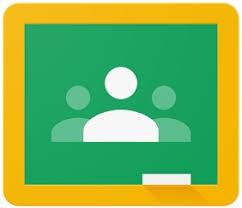

• We will answer a question wrong
• We will run out of time
•

This is a process... It's not that 'we can't do it', it's just that 'we can't do it YET'.

Mr Bremner

• Combined Science – Trilogy.
• Double Award – two GCSE grades.
• Examined as two written papers for each subject (six papers altogether):
• Biology
• Chemistry
• Physics
• Each paper is 1 ¼ hours, 70 marks
• Marks from all six papers are totalled to give the overall double grade.
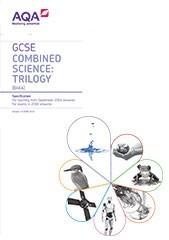


• Biology, Chemistry & Physics.
• Examined as two written papers for each subject
• Biology
• Chemistry
• Physics
• Each paper is 1 ¾ hours.
• Marks from each pair of papers are totalled to give a separate grade for each subject.
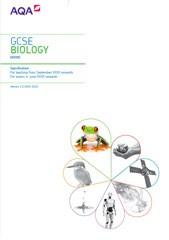
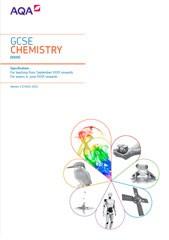
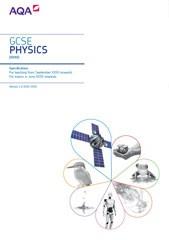
• Hollingworth GCSE Science Website.
• EXCLUSIVE for Hollingworth MAT pupils.
• Key content includes:
• Knowledge Organisers & revision tasks to match.
• Tiered revision videos made by Hollingworth staff.
• Practice paper questions & mark schemes for independent study.
• Access to the required practical simulator.
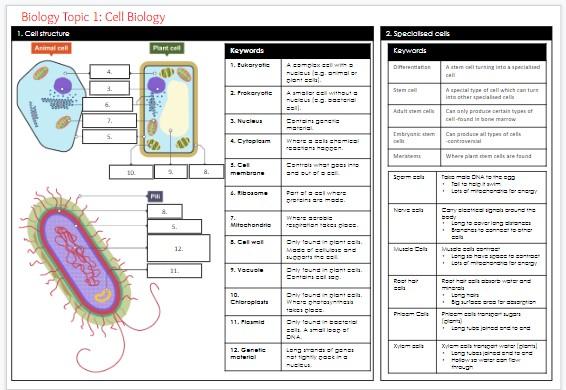
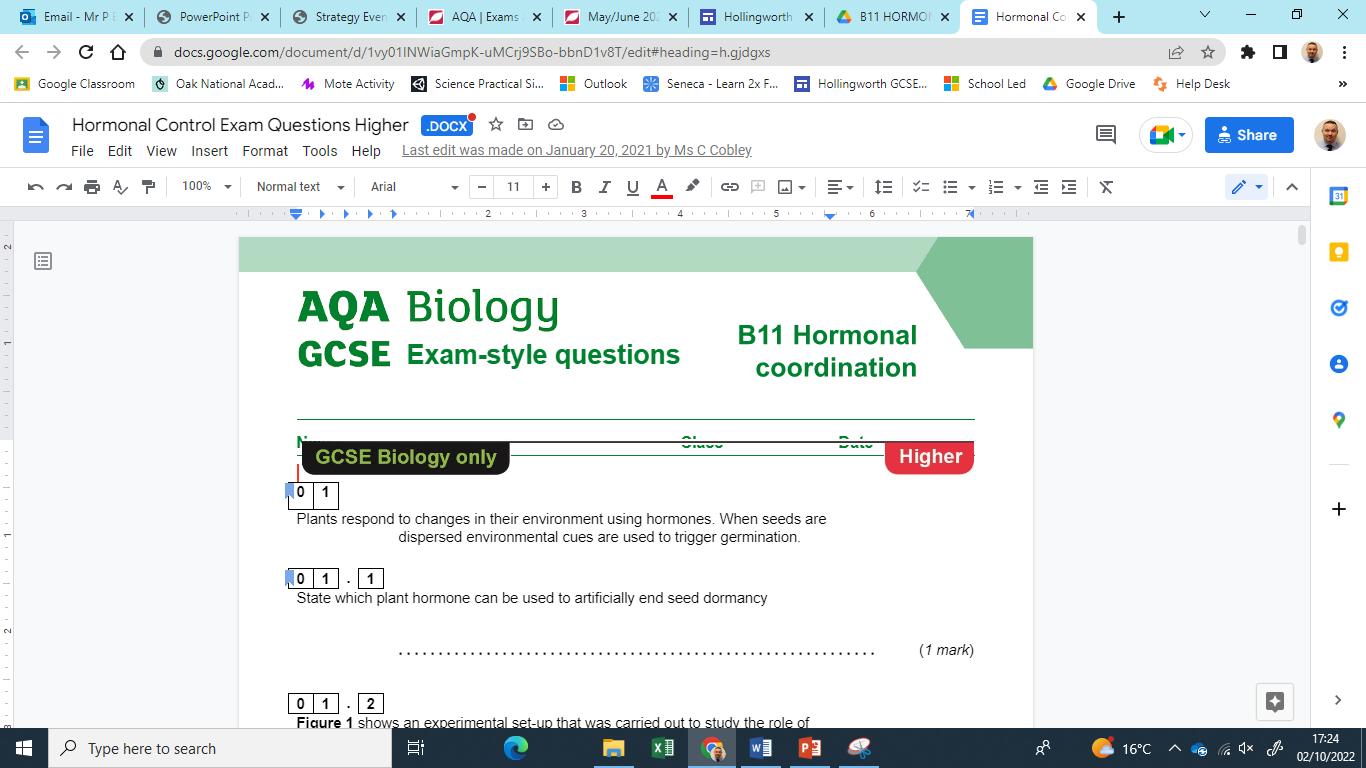
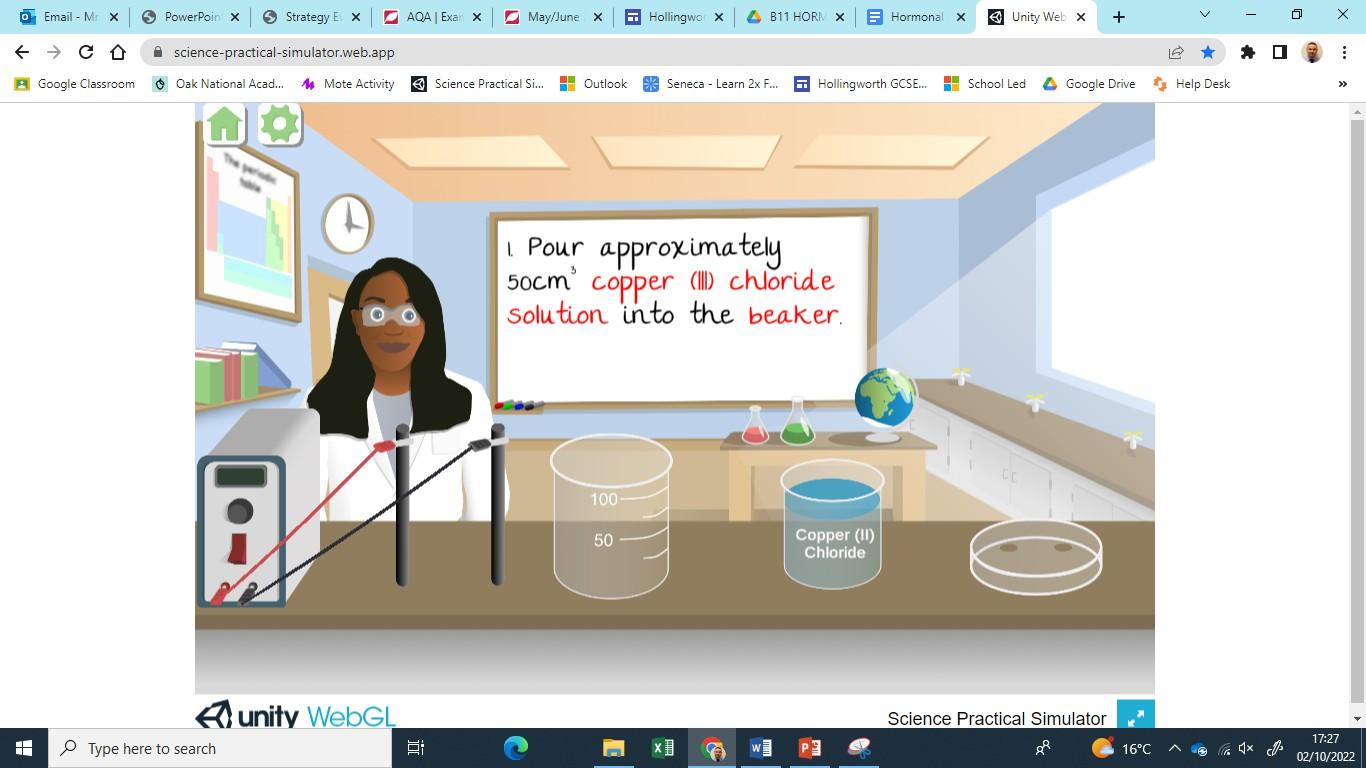


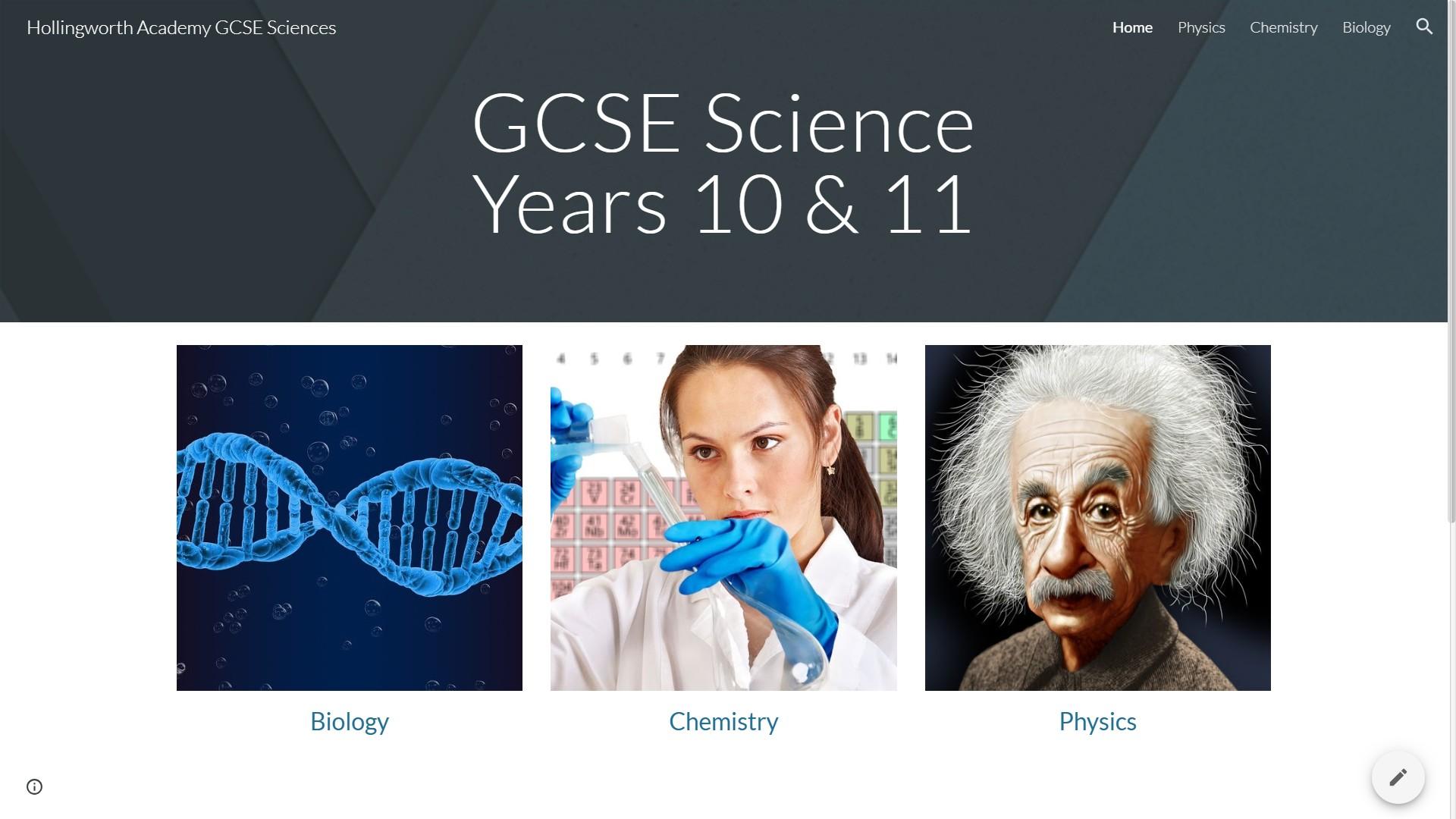
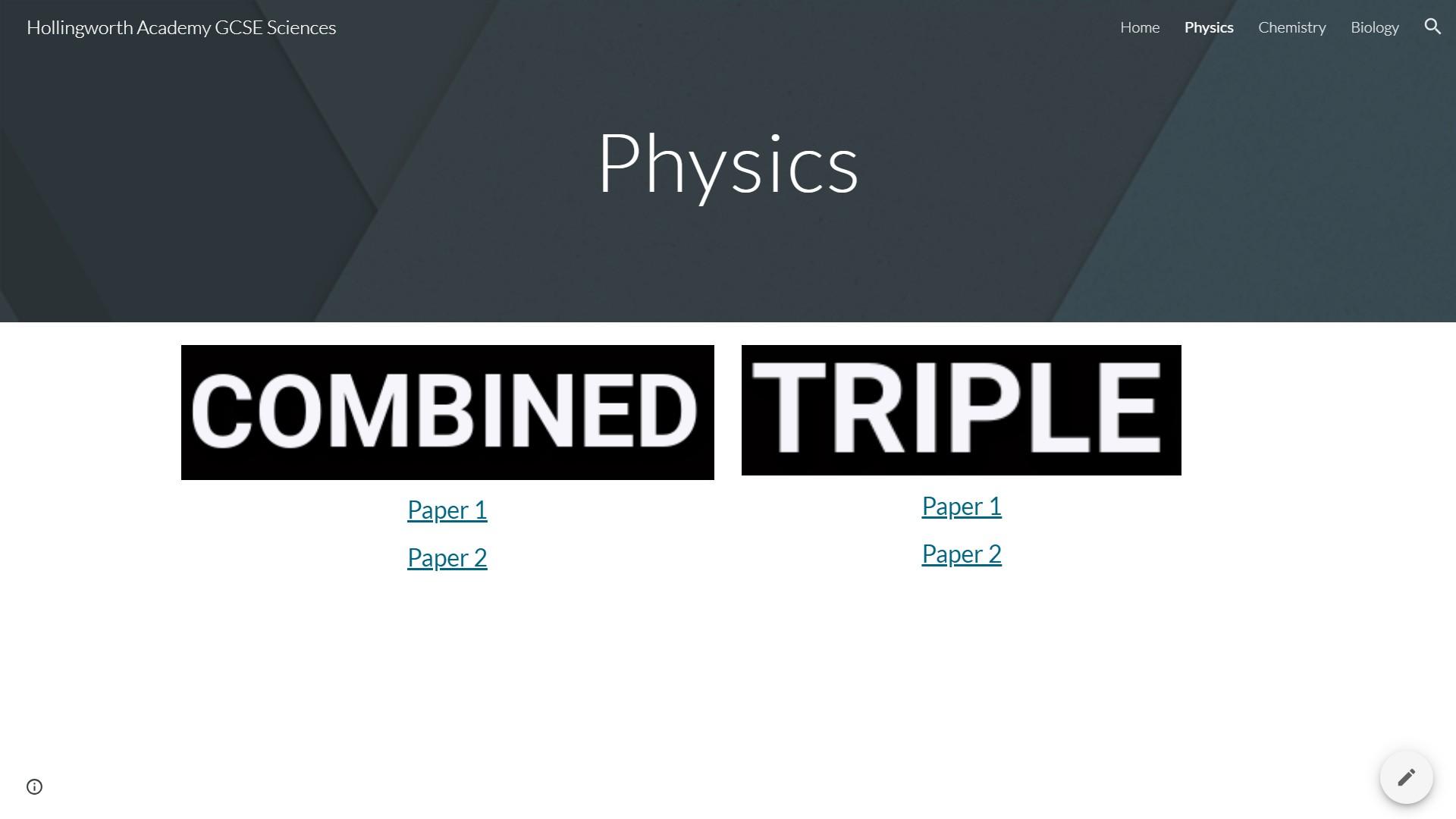
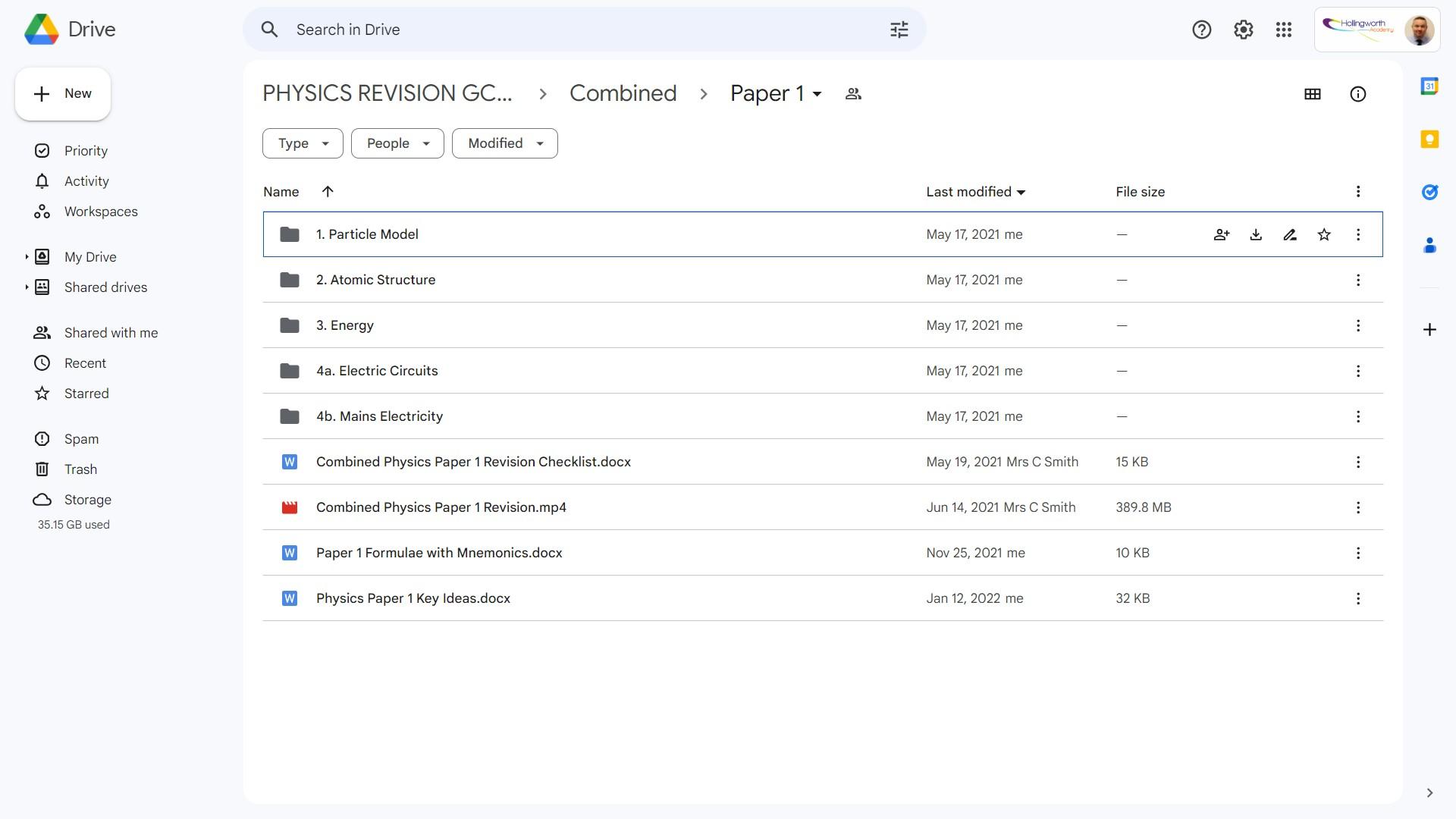
• Seneca's smart learning algorithms are academically proven to help your child remember topics 2x faster than traditional methods.

• If your child gets a question wrong, Seneca will show them the content again in a different format and at the perfect moment.
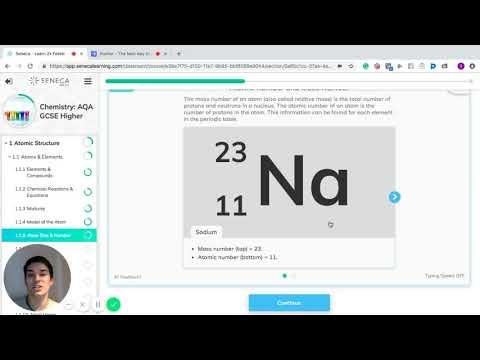
• You can monitor your child’s progress and study time through the free parent platform.
• Seneca recommends 20-30 minutes a day, building up to 1-2 hours in the run up to exams.
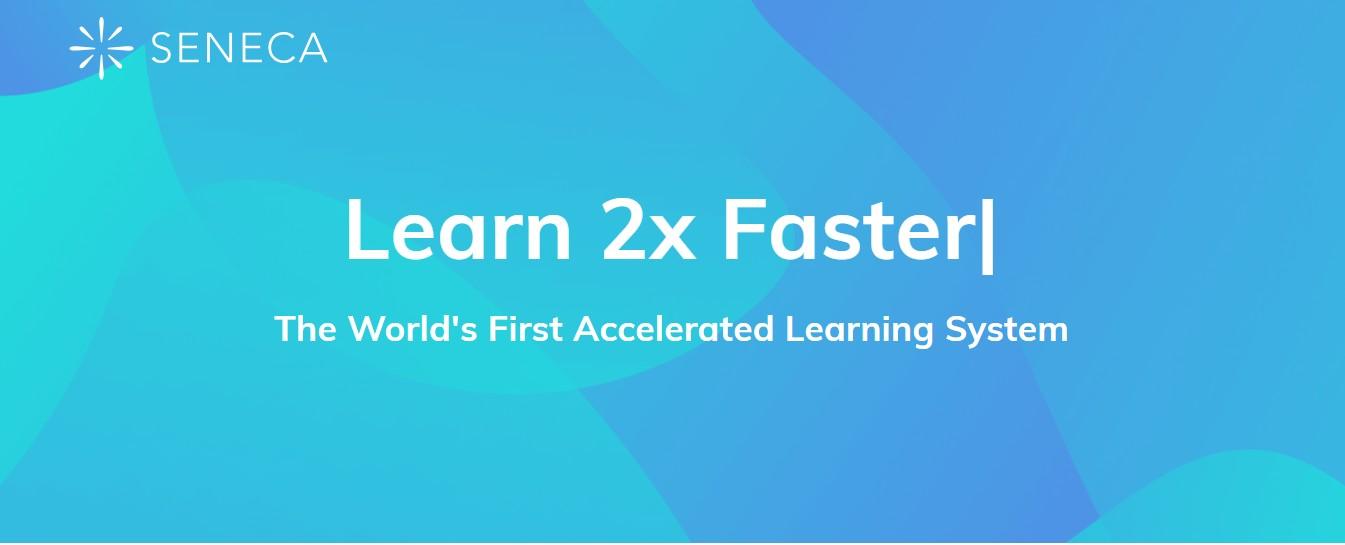

Revision guides can be purchased through WisePay. The revision guides complement the homework and are a useful resource when preparing for end of unit tests and examinations.
Year 10/11 pupils – Non-Triple Science
Combined Science (AQA) Revision Guides – Higher or Foundation options (choose one option only) - £6.25 each. This will be useful for year 10 and year 11.
Year 10/11 – Triple Science ONLY
Triple Science (AQA) Pupils - Biology, Chemistry and Physics options - £3.25 each –you will need to purchase one of each ORDERS OPEN NEXT WEEK AND CLOSE 15TH NOVEMBER THIS PRICE IS ONLY OFFERED ONCE THIS YEAR
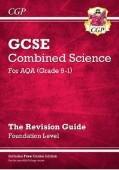
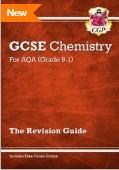
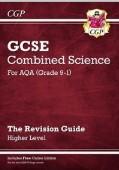
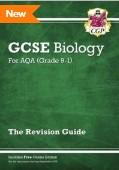







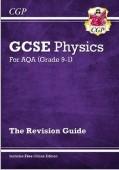

Mr Clark
1. Be a strong role model. Be a good example by modelling the behaviour you want your child to adopt…
• Talk about your planning for the week. Model being organised.

• Make sure that you eat healthily.
• Be active together with your child.
• Model good sleep habits.

• Encourage your child to keep their goals visible. Get them to put up a picture that represents or shows their goal.
• Keep the goals ‘live’ - talk about their goals regularly.
• Keep a positive message - no matter what your child says, it is never too late!
3. Keeping Active 60 minutes per day

• Plan to do active things together on a weekend.
• Encourage them to keep active every day. Could you go out for a walk together to get some fresh air?
• After exercise, is a good time to revise as exercise increases brain function.

• Seeing friends
• Listening to music
• Doing a hobby
• Going shopping
• Going to the cinema
• Reading a book
Preparing for GCSEs should be the top priority this year but taking time out is as important as putting time in.

• Eating the right food can energise your child. It improves alertness and sustains your child through lessons and exams.
• Encourage your child to join family meals, even if it’s a busy revision day.
• Hydration is key to brain functioning so make sure your child carries a bottle of water with them.
• Snacks for school - avoid high sugary and fatty foods or drinks.
• Make sure they have breakfast every day.
• Don’t ask them to do too many chores or look after younger brothers and sisters.

• Encouraging the rest of the family to help by not disturbing revision.
• Ensuring your child has a quiet place for study at home, where their work can be safely kept.

• Young people need between 8 – 9 hours sleep per night.
• Working backwards from a 7am get up, means be in bed by 10pm.
• Going to bed after 10pm = sleep deficit.
• Prepare for sleep:
• Don’t eat too late at night or drink fizzy drinks with sugar/caffeine.
• Don’t work or revise before going to bed.
• Switch off from social media / technology at least an hour before bedtime.
• Hand in game controllers when revising.
• Leave the mobile phone outside bedroom.

• Be positive, help them put the whole thing into perspective. There is life after exams.
• Be supportive and help alleviate worries by talking to them.
• Resist the urge to compare them with other young people, whether friends or siblings – ‘saying your brother worked hard and got B’s’ won’t motivate.
• Praise/reward them for the amount of effort they put in and trying their best.
• Tell them that they can only try their best and even if they don’t do as well as you’d hoped, you still love them just as much.

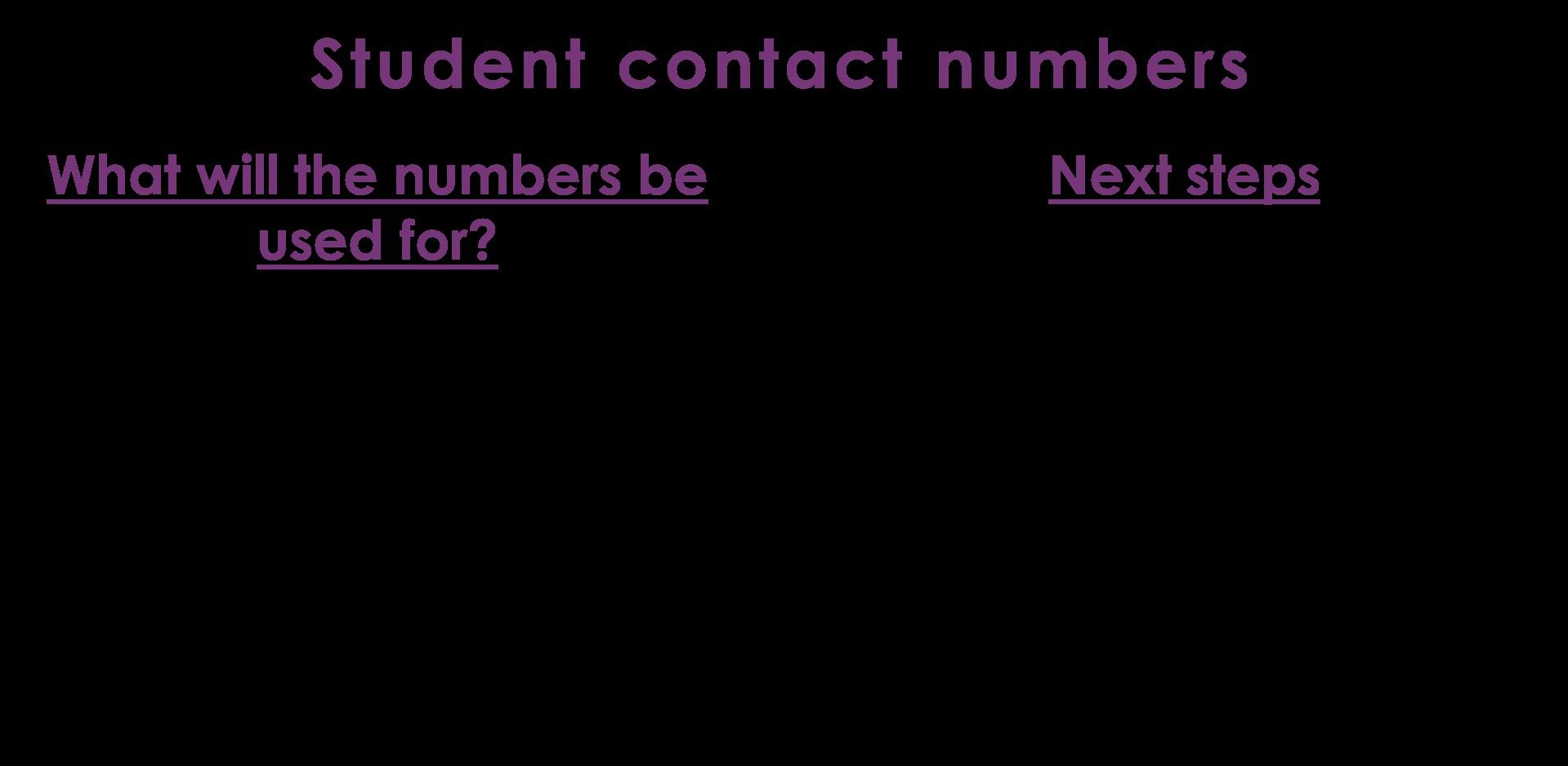
• We firmly believe in every student in this room and want to ‘invest’ in their future successes.

• As part of this ‘investment’ we have provided each of you with a revision starter pack.
• These are not just a representation of how firmly we believe that they can succeed this year, but they are also practical tools for supporting you with independent study.
